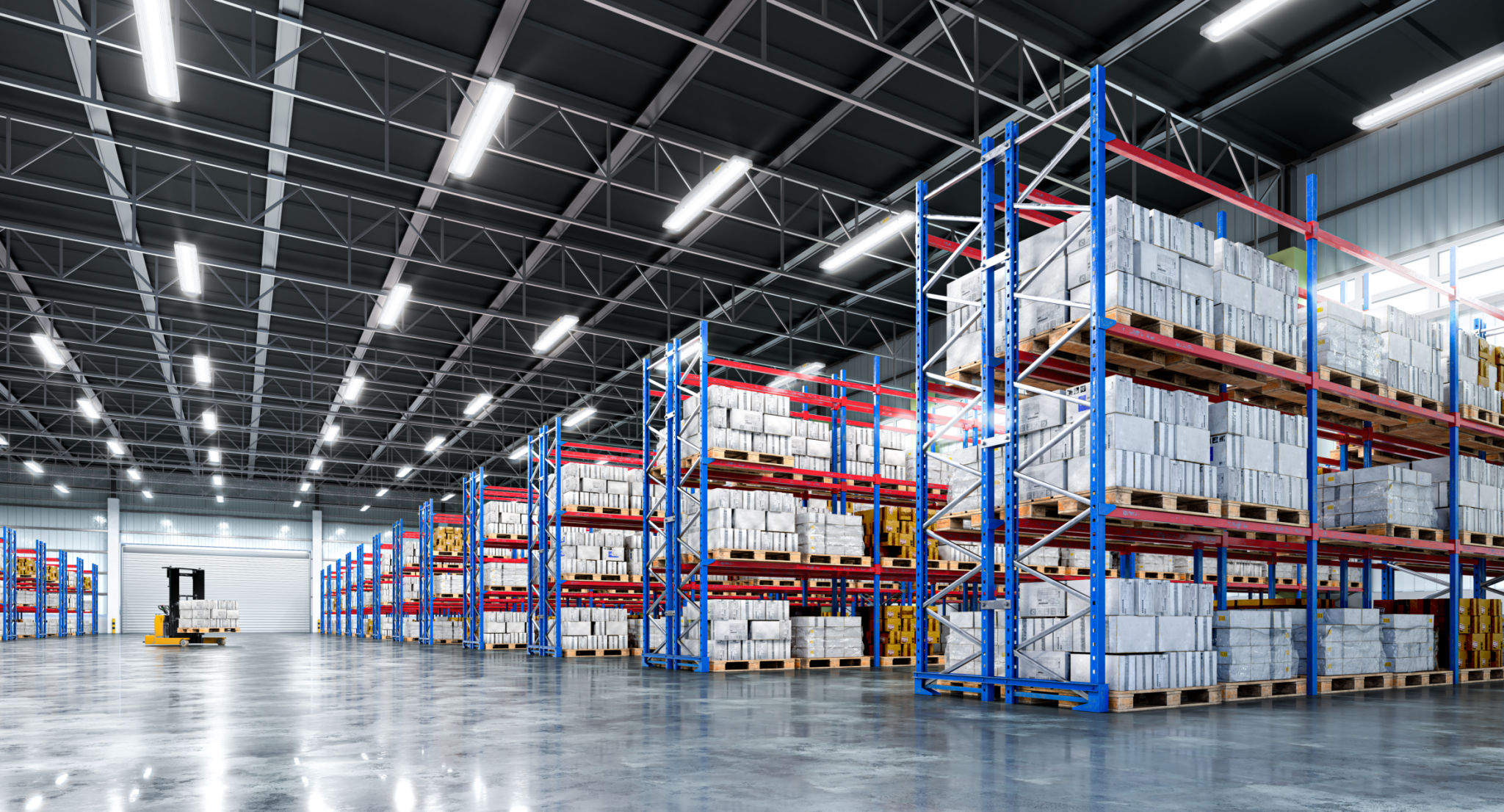Understanding the Benefits of Specialized Equipment in Logistics
Understanding the Role of Specialized Equipment in Logistics
In the fast-paced world of logistics, staying competitive requires leveraging every available advantage. One such advantage is the use of specialized equipment. This equipment is designed to enhance efficiency, safety, and reliability throughout the supply chain process. Whether you're managing a fleet or handling warehouse operations, understanding the benefits of specialized equipment can lead to significant improvements in your logistics operations.

Enhancing Efficiency with Advanced Tools
Specialized equipment can dramatically boost operational efficiency by streamlining processes and reducing downtime. For instance, automated guided vehicles (AGVs) and robotic arms in warehouses minimize human intervention, allowing for faster and more accurate order fulfillment. These technologies not only speed up operations but also reduce errors that can occur with manual handling.
Moreover, specialized equipment like high-capacity forklifts and conveyor systems support the rapid movement of goods, optimizing the flow of products through a facility. This increased productivity can translate into faster delivery times and improved customer satisfaction, providing a competitive edge in the logistics industry.
Improving Safety Standards
Safety is a critical concern in logistics, where heavy machinery and large volumes of goods are part of daily operations. Specialized equipment is often designed with advanced safety features to protect both employees and products. For example, modern forklifts come equipped with sensors that prevent collisions and alert operators to potential hazards, significantly reducing the risk of accidents.

Additionally, the use of specialized lifting equipment can help prevent workplace injuries by reducing the physical strain on workers. By investing in these tools, companies not only comply with safety regulations but also foster a safer working environment that can boost employee morale and retention.
Reducing Costs with Targeted Investments
While the initial investment in specialized equipment might seem significant, the long-term cost savings often justify the expense. Equipment designed for specific tasks tends to be more durable and efficient, leading to less frequent repairs and replacements. This longevity reduces maintenance costs and minimizes downtime, ensuring continuous operations.
Furthermore, by selecting equipment tailored to their unique needs, businesses can avoid over-investing in unnecessary features. This targeted approach allows companies to allocate resources more effectively, maximizing their return on investment.

Enhancing Sustainability Initiatives
As sustainability becomes increasingly important in logistics, specialized equipment plays a crucial role in reducing environmental impact. Electric-powered vehicles and energy-efficient machinery contribute to lower emissions and decreased energy consumption. By adopting these eco-friendly technologies, businesses can not only reduce their carbon footprint but also appeal to environmentally conscious consumers.
In addition, specialized equipment often includes features that minimize waste, such as precision loading systems that optimize space within transport vehicles. These innovations help companies meet sustainability goals while maintaining operational efficiency.
Conclusion: Embracing Innovation for Competitive Advantage
Incorporating specialized equipment into logistics operations offers numerous benefits, from enhanced efficiency and safety to cost savings and sustainability. By staying informed about the latest technological advancements and strategically investing in the right tools, logistics companies can not only improve their operations but also secure a competitive advantage in a rapidly evolving industry.
